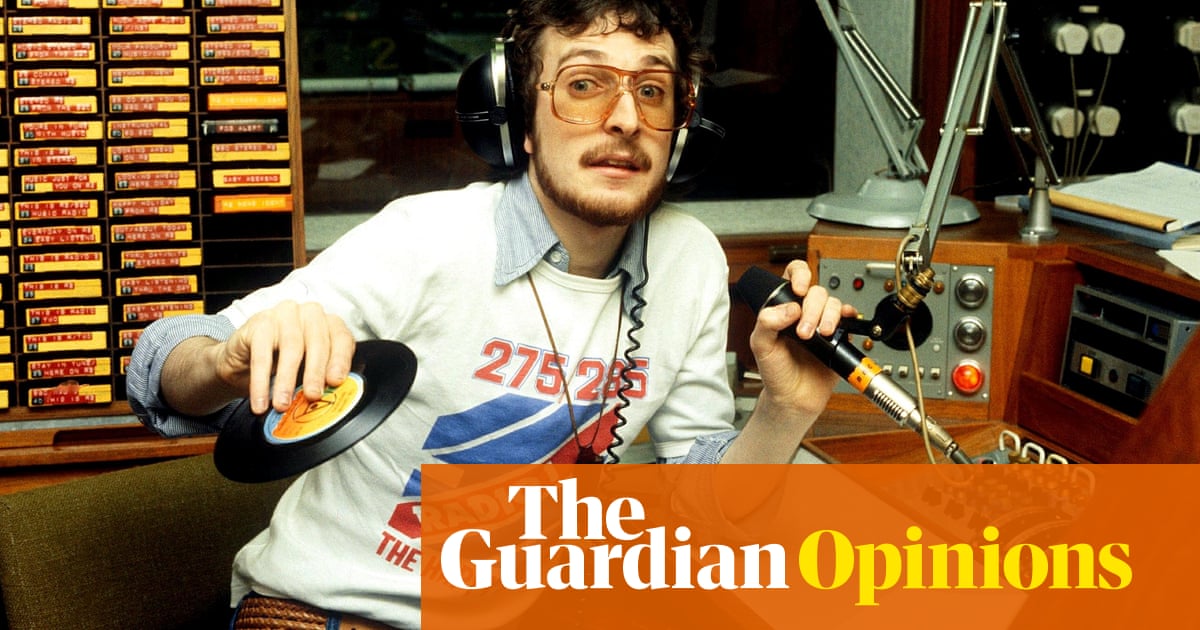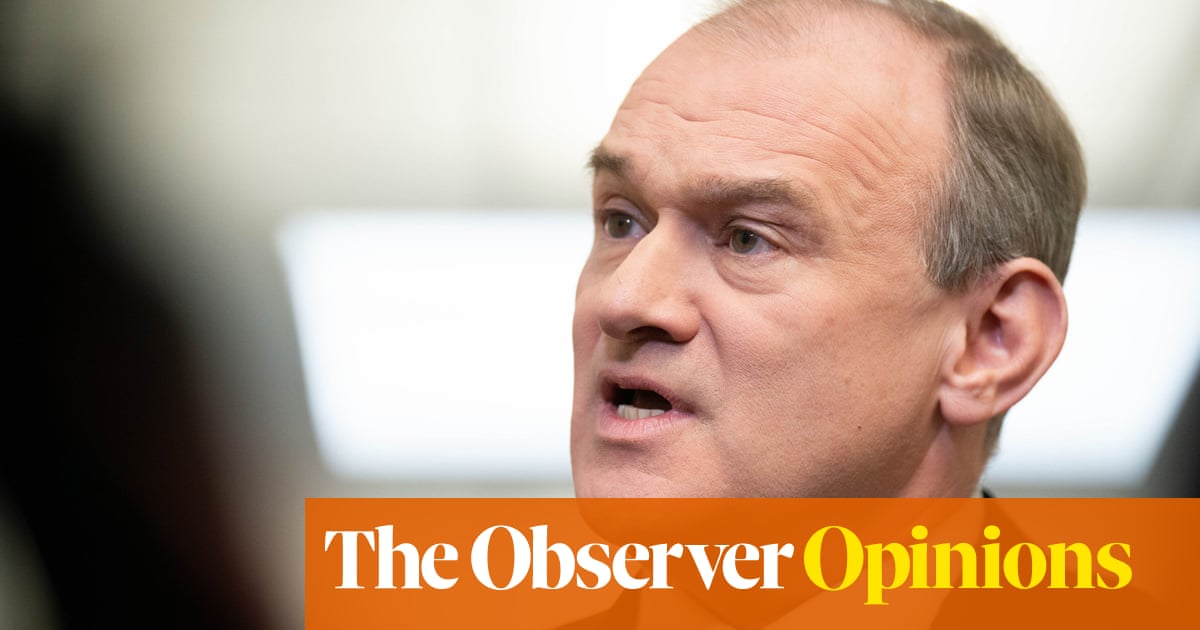
The great illusion of radio, the magic trick, is making each of us think that the voice coming out of the air is talking just to us. Not everyone will like a particular voice. That’s their loss. But those of us who do will tune the radio to the same place at the same time on the same day to catch it. When the programme’s time slot changes, or even if the voice leaves and goes to another radio station on another day at a different time, we will follow. When this voice dies, our loss is personal. We may never have met them but, somehow, we’re connected. Think Alistair Cooke, Kenny Everett. And now Steve Wright.
After Wright’s unexpected death this week, some have said that he never got over losing his Radio 2 afternoon show in 2022 (though Wright himself said at the time, “I’ve been doing this programme for 24 years at Radio 2, so how can I possibly complain?”). It is true that many radio bosses these days, whether at the BBC or on the commercial side, don’t grasp the art and craft of sculpting sound, especially for a huge audience. There’s a common assumption that someone just has to play the music and burble in between. Audience figures and listener loyalty will show such assumptions are a dangerous illusion. You have to love radio to be very good at it.
Steve Wright grew up with radio, being born in 1954 before the first pirate stations – Radio Caroline, Radio London and the rest – signalled the arrival of a new generation of broadcasting and the end of the BBC’s monopoly on sound. In 1954, Britain still had compulsory national service. Food rationing was a recent memory. Portable radios ran on huge, weighty batteries and, as far as popular music went, the BBC Light Programme – the precursor to Radio 1 and 2 – and Radio Luxembourg were pretty much the only options. Or, if you lived in the north-west, you could catch Radio Éireann from Ireland. (I can still sing all the words of the jingle for Donnelly’s sausages.)
Twelve years later, Wright was running his own rudimentary radio station at school – which he left with only three O-levels. But he was doing hospital radio, too, and when he left school he got a job as a researcher at the BBC. Alas, this seemed to consist mainly of dusting the discs in the record library, so after a couple of years he found more fruitful ground at Radio Luxembourg. By that time, local commercial radio was arriving. All the high roads, however, still led to the BBC and in 1980 he eventually got himself on to Radio 1. Steve Wright in the Afternoon ran from 1981 to 1993. Then he moved to the biggest job on any radio station, the breakfast show.
I wonder if any of his former teachers ever listened to him on Radio 1? They will have heard application, invention, team leadership and immersion in the craft in ways they could probably not have imagined of their erstwhile reluctant pupil. Even broadcasting to a huge audience, he kept developing his craft. He went over to New York and sat in his hotel room just listening to the radio. He came back with a trunkful of ideas, all of which he put to work on air. Parody people, mad situations, character voices that were like aural cartoons. He maintained an astute grasp of how popular music was changing and, with it, audiences. What didn’t change was Wright’s conviction that he often knew better than management.
After a blazing row with Radio 1’s then new controller, Matthew Bannister, he moved on and, eventually, arrived on Radio 2 in 1996. There, the controller, James Moir offered Wright the afternoon show. Wright took it on and transformed it. Over the next year or so, Radio 2 as a whole soared with massive new popularity. By then Steve Wright in the Afternoon and his other long-running hit show, Sunday Love Songs, were national favourites.
Today, of course, the BBC ushers both listeners and viewers to its website and it might not be long before old-fashioned transmission is phased out. You can practically hear the sighs of relief at New Broadcasting House. All that money saved on masts and machinery and people to run them. At the same time, commercial radio, which began as independent local radio, is now mainly the fiefdom of two competing international companies, Global and Bauer. Local commercial radio is largely dead.
The astonishingly wide and heartfelt reaction to Wright’s death is proof, again, of radio’s power to talk to us as individuals yet unite us as a secret tribe. Meanwhile, I contemplate the dozen or so radios that have accumulated around my flat over the past half-century of listening. Goodbye, my dears. You’ve seen me through bad times and good, always with the right song. We’ll probably conk out at the same time. Such dark thoughts may well have bothered Steve Wright. He’d have thought his way round them. He usually did.
Gillian Reynolds has been a radio critic for the Guardian, Daily Telegraph and Sunday Times












